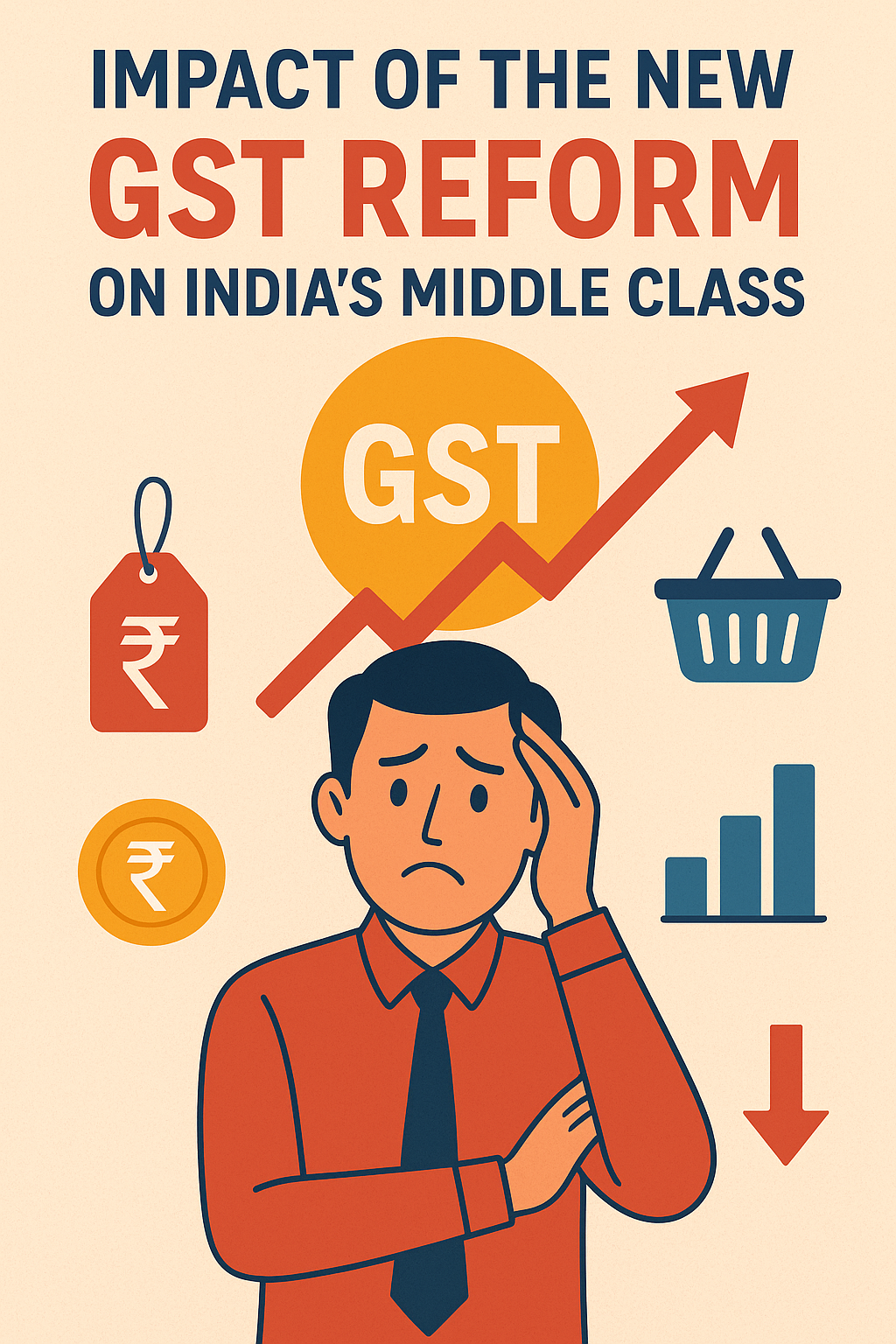. Introduction
Buying, selling, renting and recruiting are all part of day-to-day business, and
they all necessarily require an agreement. Contracts are legally binding
agreements. Because of so many daily activities, contracts are the most basic
thing we shape in business. As a result, it’s critical to consider which clauses
should be included and which should be excluded, so that any potential dispute
can be avoided or expected.
- What is a Commercial Contract?
Commercial contracts in India or any other country is a legally binding agreement
that regulates business relationships between entities or individuals, which
involves the performance of the matter prescribed in the contract. Under such
contracts, parties are obligated to do or restrain from doing stipulated acts and
usually include binding terms, in regard to all aspects of business such as hiring,
wages, leasing, insurance, loans, termination and employee status and safety.
Such contracts may be oral or written agreements; however, business entities
prefer to have such legally binding agreements in writing. Commercial contracts
determine and create liability over the parties that are privy to the contract.
The Contracts Act, 1872 and Special Relief Act, of 1963 are the governing
legislations that regulate the terms of a contract which includes the formation,
execution and rescinding of the contents of the contract. The purpose of a
commercial contract is to create an obligation of acts like payment of wages,
hiring procedure, lease deeds, attainment of insurance or borrowing of a loan
amount. - Fundamentals of Commercial Contracts
To begin with, it is relevant to understand the fundamentals of a commercial
contract. The power to enter into contracts and to formulate the terms of
contractual relationships are integral to the success of any business. There is also
a longstanding moral dimension to entering into a contract. One is legally and
ethically obligated to keep one’s promise. Another fundamental value of contracts
is that it is sensitive to the imposition of contractual obligations through coercion
and dishonesty resulting from a power imbalance.
Because contracts concern themselves with economic exchanges, the same must
inevitably be economic in its purpose. In India, the basic philosophy of contract
has been capitalized and geared towards fair trade and an ideal of a free market.
4 - Purpose of commercial contracts
High-growth companies or massively-scaling companies generally win a large
number of deals. Maintaining an obligation record for every deal soon becomes
complex and myriad. By creating and executing commercial contracts, you can
monitor, track, report, and eventually see essential obligations in effect.
Other advantages of using commercial contracts include:
Setting objectives and expectations
Commercial contracts lay out specific expectations for each party. They
detail the terms that involved parties agreed upon earlier. Moreover, they
ensure requirements are met and provide teams with a much-needed legal
defense.
Minimizing contract risk
High-value transactions come with considerable risks. To combat
potential losses, parties need a commercial contract in place. These
contracts also formalize relationships, safeguard business interests, and
help achieve contract compliance.
Conducting your business with professionalism
When you have a contract written, it creates massive impact. As a result,
parties accept full responsibility for any violations of the agreement they
commit. Commercial contracts establish a paper trail, help build trust, and
make parties appear credible and proficient. - Principles of Commercial Contract Drafting
In contracts, the boilerplate clauses differ from other transaction-specific
elements, which comprise the heart of the agreement, and are typically regarded
as non-substantive provisions. They are the standard clauses or principles in a
contract. The most important of boilerplate clauses are:
i. Entire Agreement: attachments and annexures in an agreement provide a
holistic understanding of the entire agreement. This clause enables the
parties to get assurance of the terms of the entire agreement and an
understanding of the purpose of the contract.
ii. Notice: This clause provides for the communication of the exchanges
between the parties and an evidentiary document to ensure communication.
iii. Force Majeure: This clause relieves the parties from any liability to
perform contract obligations when performance is impossible due to force
5
majeure events. This may include events which is not in human control or
the “acts of god”. This clause helps in avoiding diverse interpretations of
the performance of the contract.
iv. Severability: This clause provides for protection in cases where the
agreements are unenforceable or invalid due to changes in the applicable
law when subject to amendments.
v. Governing law: This clause helps in setting up or agreeing to the
jurisdiction based on which the contract will be executed and enforced.
vi. No Waiver clause: A provision which provides that a contract must not
have any delay or failure in compliance with the terms and that no clause
of the contract can be renounced.
There may be many such principles dictating the terms of the contract. However,
it is important to have precision while drafting contracts. Precise language in
contracts provides firm standards for compliance and enforcement. This avoids
vagueness and avoids multiple interpretations. - Types of Commercial Contracts/Agreements in India
I. Memorandum of Association and Articles of Association (MOA &
AOA):-This is a mandatory agreement or contract which is required under
the Companies Act 1956/2013. MOA is a charter document and is filed
with the registrar of companies. It contains the basic information pertaining
to the operations and scope of business activities carried out by a company.
The AOA contains the power and clauses of the management.
II. Partnership Agreement:- This is a written agreement signed between the
partners of a firm wherein they agree to the clauses mutually. It contains
clauses like the rights, duties, profit sharing clause, capital contribution,
the procedure for dissolution, and other clauses, which enables and binds
the partners to carry out the contractual obligation.
III. Service Agreement:- This is executed by the parties where they agree to
the terms and conditions of the services provided by one party to another
and outlines various clauses like payment of consideration to the service
provider, rights and duties of the parties, and liability arising out of such
contracts. It creates an obligation upon the party that receives the service,
to duly pay the consideration to the service provider for the services
rendered by them.
IV. Non-Disclosure Agreement:-Another type of commercial agreement
includes the Non-Disclosure Agreement (NDA). It is signed by a
company’s employees, contractors, suppliers, service providers,
consultants, and independent contractors to bind them and prevent them
from disclosing any trade secrets, client information, business plans, or
6
other sensitive and confidential information related to the company’s
operations.
V. Loan Agreements:- This is an agreement between two parties which
captures the conditions and terms of the borrowing or lending of a term
loan and has clauses related to repayment, interest rates, default liability,
security pledged and other related clauses.
VI. Licensing Agreement:-The licensor and licensee get into an agreement to
grant and attain rights over a particular product or intellectual property
which bestows them with the permission and right to make use of the same.
VII. Shareholder agreement:- A shareholder agreement essentially spells out
the contractual arrangement between a corporation and its shareholders,
including their rights and duties. The business guarantees that shareholders
are treated properly and that their rights are upheld by adopting a
shareholder agreement.
VIII. Employment Agreement: – It is generally used with regard to new hires,
recruits, and current workers who are changing job positions. An
employment agreement is a legally enforceable agreement that controls the
working relationship between the employer and the employee. It mainly
covers the tenure, schedule of work, leaves, remuneration, duties,
intellectual property rights, confidentiality, and reasons for termination,
among other things.
There may be other such agreements in a business, depending on the nature of the
entity. There may be agreements like share purchase agreements, listing
agreements, joint venture agreements, contracts of sale, distribution agreements,
or lease agreements. - Dispute resolution clauses while drafting commercial contracts in
India
In every contract, the importance of a dispute resolution clause not only avoids
the tedious and expensive process of court litigation in the event of any breach or
non-performance of the contract, but it also acts as a saving clause which helps
in the settlement of disputes in an amicable and cost-effective manner. These
clauses in a contract are enforced in case of a dispute arising out of a contract.
This clause extends to opting for the means of alternative dispute resolution as
per the Arbitration and Conciliation Act of 1996. This clause acts as a
protectionist clause against probable disputes. These clauses usually contain the
place, procedure, language and means of arbitration. This clause gives
reassurance to parties to resolve the dispute in a hassle-free and cost-effective
manner.
7 - Challenges in managing commercial contracts
i. Poor visibility
When you have commercial contracts spread across systems, you face
problems like losing sight of contract owners, chaotic status-tracking, and
much more. There are umpteen chances of losing a contract, which may
expose you to risks unknown before.
Sometimes, more than one department owns the commercial contract,
meaning partnership becomes quintessential. The solution is to use a
CLM software, such as SpotDraft, that can help you collaborate
internally.
ii. Lean legal teams and voluminous contracts
legal team might be spending more time on administrative activities like
data entry, which results in less-than-ideal results. They have to switch
between different platforms from the drafting stage to the execution
stage. These activities may expose the contracting process to human
biases.
Top-performing businesses have most likely cracked and streamlined
their commercial contract strategy, which is less-error-prone.
Additionally, without expanding the legal teams’ throughput, scaling
commercial contracts becomes practically impossible.
iii. Lack of automated workflows
Often, procurement teams create SPA contracts, but legal and finance
teams must approve the same. Building and executing routine commercial
contracts becomes more challenging without automated approval
workflows.
Enterprises swirling out a large number of contracts on a regular basis can
get baffled without a CLM. Also, when you consider the post-execution
phase, tracking and reporting commercial contracts, finding insights for a
competitive edge, and fine-tuning their renewals are odd and irregular.
8 - Factors to be kept in mind while negotiating any contract
While drafting a commercial contract, there are certain conditions or factors that
must be taken into consideration with respect to negotiating the terms of the
contract. It is important to negotiate certain terms such as the representation of
the party, indemnity, limitation of liability, termination of the contract, and clause
of dispute resolution. Although such clauses may seem dismissible at a glance, it
is important to remember that the other party in contact may find loopholes when
these clauses are not drafted in a way which favours one party.
It is important to come into agreement with the terms of the contract by mutual
consent of the terms of a specific contract. The dispute resolution clause also acts
as a negotiating clause to avoid litigation.
The parties must choose all clauses of the agreement with careful
consideration in order to ensure the following:
I. There is a mutual agreement between both parties about all the clauses.
II. There are reasonable insertions of the provisions of the contract dictating the
recourse of the agreement;
III. The clauses of the contract are not open-ended and they are clearly laid out in the
agreement.
IV. There may be several instances that may give rise to potential disputes if the
clauses are not properly negotiated. - Interpretation / Case laws based on commercial contract
The Indian courts have clarified the issue of commercial contract interpretation in
several cases. In the case of Novartis Vaccine & Diagnostics v. Aventis Pharma
Limited, 2009 the Bombay High Court made a noteworthy observation concerning
commercial contract interpretation, opening that when considering a commercial
contract or arrangement – The court must consider all of the contract’s terms and
clauses while remaining within the bounds of the law.
Even if the contract/agreement is simple and unambiguous, the court must take
into account the same facts and circumstances of the case. It’s crucial to
understand the connections between words, sentences, clauses, paragraphs, and
the whole book. It is not possible to read it in isolation. When reading all such
private commercial documents, the confidence element, trust, fiduciary
relationship, and understanding between the parties simply cannot be ignored.
Even though the term ‘force Majeure’ does not exist in Indian law, its doctrine
can be directly linked to Section 56 of the Indian Contract Act, 1872. A force
9
majeure clause in a contract specifies the conditions in which performance
under the contract will be excused or temporarily suspended. The term “force
majeure” comes from Napoleon’s “Code Napoleon” and has a broader sense
than “act of God,” but it’s unclear if it covers all “causes you can’t avoid.”
Section 56 of the Act provides for the temporary discharge of responsibilities
due to impossibility in the event of any untoward event or change of situation
that is completely unrelated to the “very basis” on which the parties entered
their agreement.
The basic principle of a Force majeure case is that if an event or situation occurs
that is beyond a party’s reasonable control and is inevitable, and prohibits or
delays that party from meeting any or all of its contractual obligations, that
party may be relieved of its contractual obligations/ liability. When force
majeure is invoked, the contract is not only revoked but the affected party is
also required to continue performing its obligations to the degree that it is not
prevented by the case of force majeure.
The group asserting force majeure must demonstrate that it used all appropriate
efforts to prevent or minimize the force majeure case and its consequences.
Since this is a subjective norm, it varies from case to case and must be
interpreted accordingly. If the duration of force majeure is extended in certain
contracts, the parties may be allowed to terminate the contract based on the
practical difficulties they are experiencing.
Different situations/events have been pleaded to be included in ‘Force Majeure’
on many occasions by the contracting parties. For example, in 2016, when the
Indian government announced the demonetization of some Indian currency
notes without notice, it put a strain on a variety of industries, including
construction and real estate, which rely heavily on cash transactions.
As a result, the contracting parties filed a claim for contract termination, citing
demonetization as a force majeure case. The Central Electricity Regulation
Committee (CERC) recently ruled that “demonetization” is a legitimate
threshold for invoking the party’s force majeure clause. However, this
contradicts the Hon’ble Supreme Court’s decision in Energy Watchdog v.
CERC, 2017 in which the reach of the force majeure clause was strictly
restricted. In this case, India recognized a new dimension to the understanding
of force majeure events and their expanding reach. - Conclusion and suggestion
10
The commercial contract must be carefully drafted and should be thoroughly
checked before signing. The parties should expressly mention what they want to
include or exclude from the contract. Any term, right or obligation is written
vaguely will only leave ambiguity between the parties. Therefore, it is important
that the contract should be drafted with clarity and precision and with appropriate
professional help to avoid any dispute or litigation in future.




